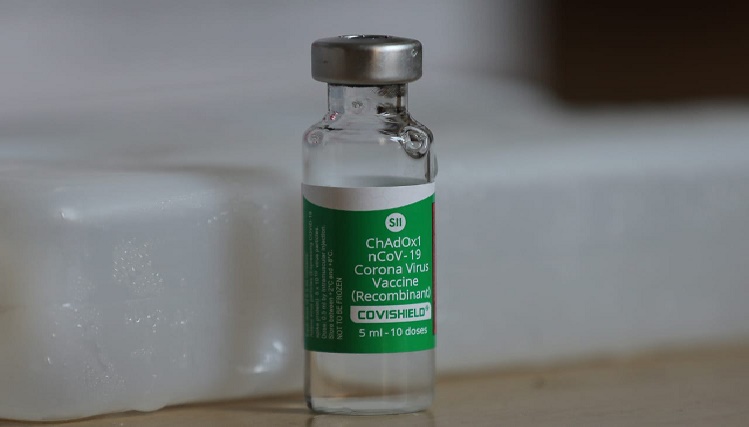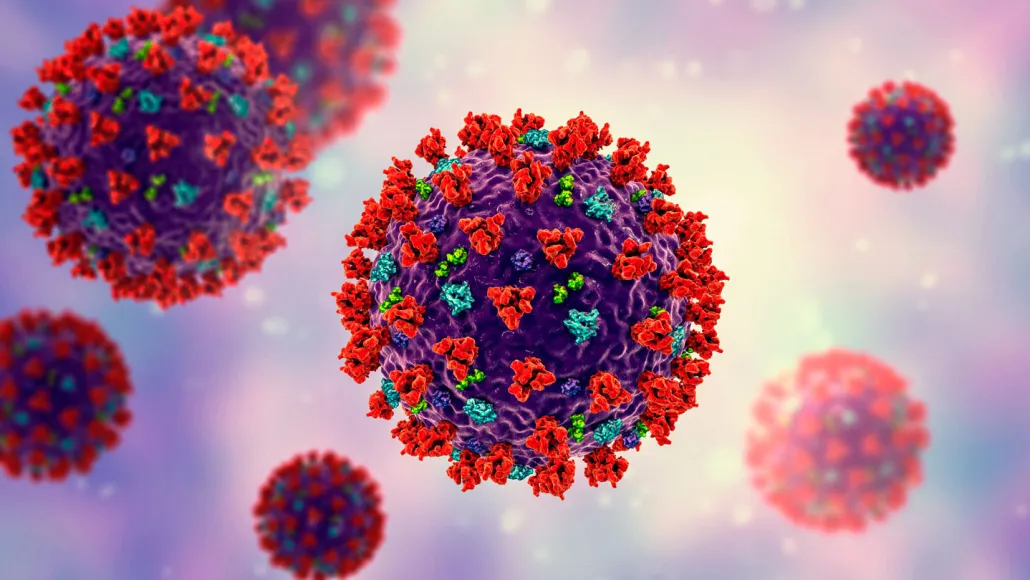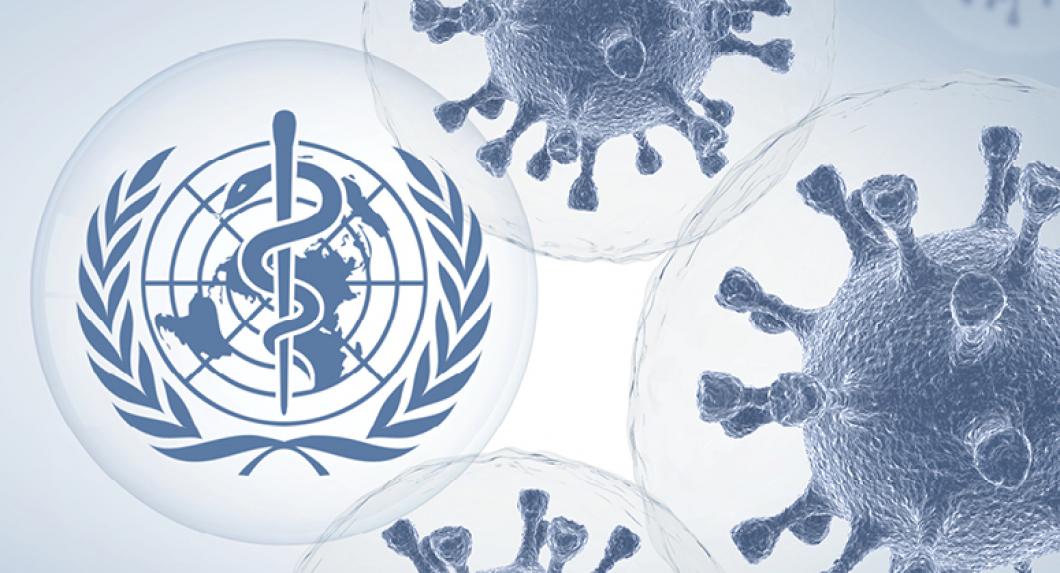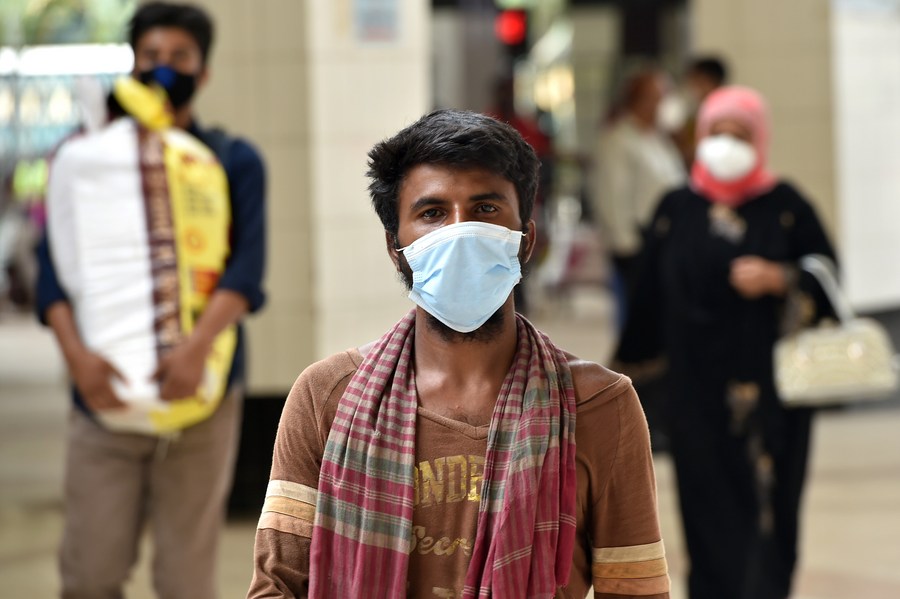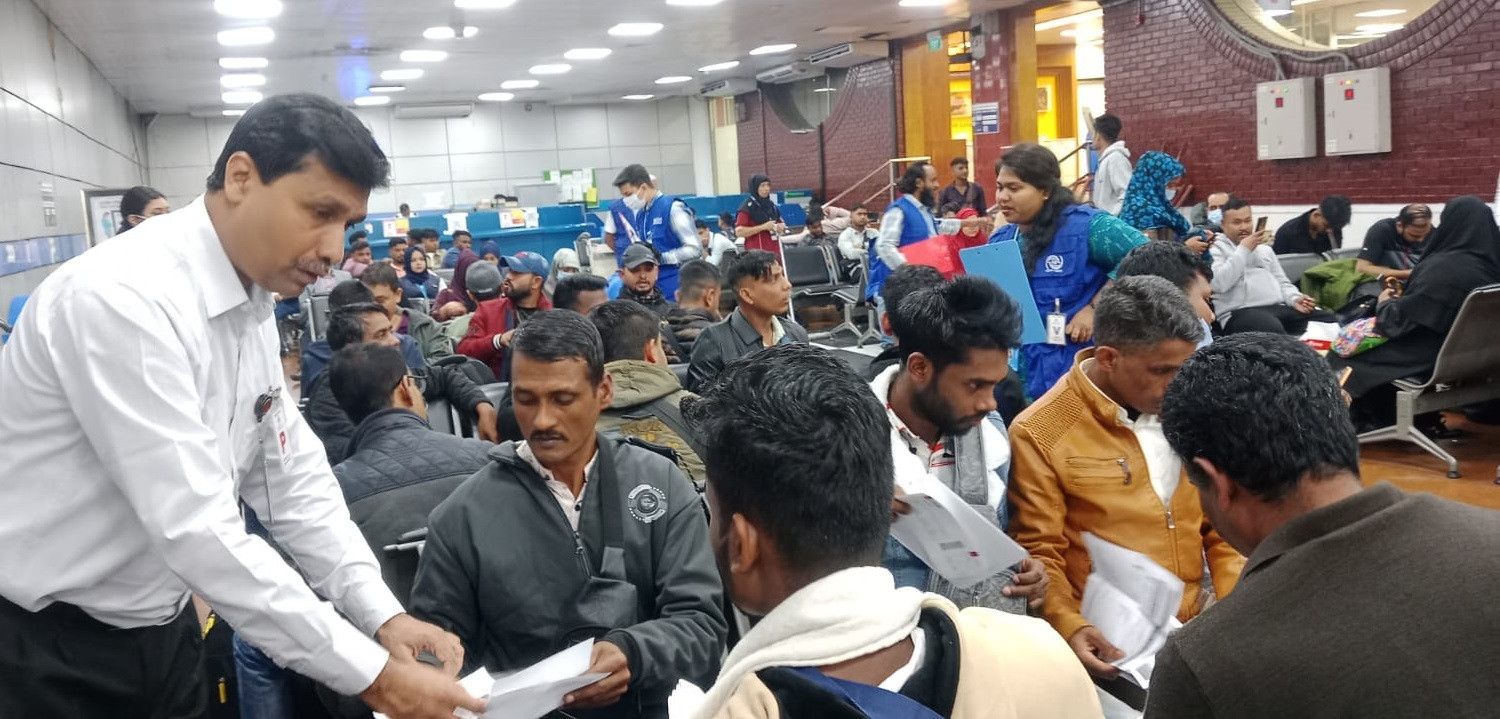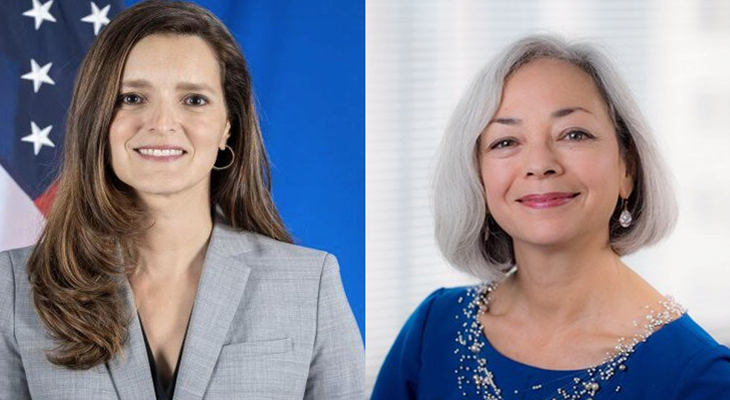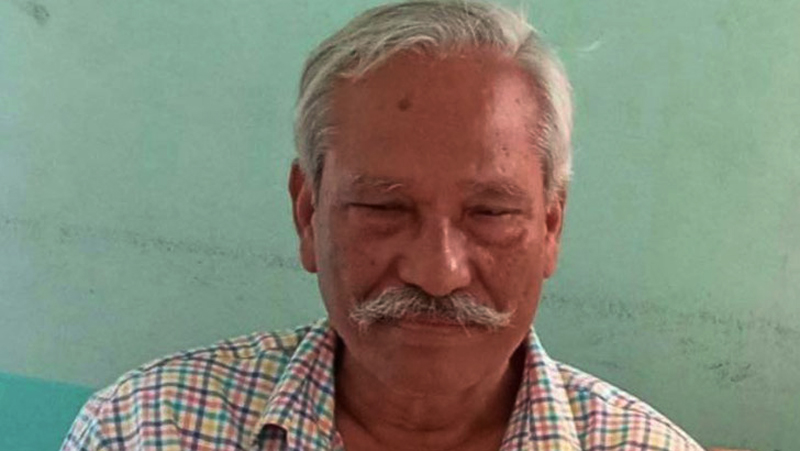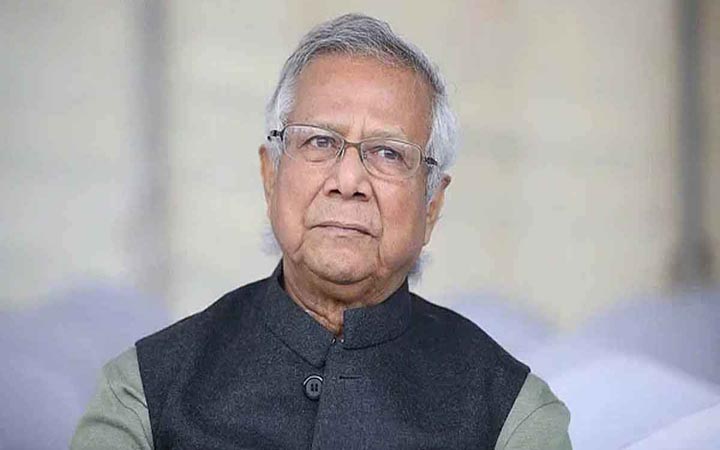At least four companies are developing their labs to produce Covid-19 vaccines in the country
Amid reports of the potential import of generic Covid-19 vaccines, and all-out efforts by local pharmaceutical companies for domestic production of vaccines, the government has given its consent for local production.
It has opted to ensure a flexible manufacturing system for them, to help meet local demand for the vaccine and also supply in the global market.
Health Minister Zahid Maleque announced the move at a seminar in Dhaka on Monday, marking the first anniversary of the detection of the first three Covid-19 cases in the country.
“Prime Minister Sheikh Hasina has recently instructed (the authorities concerned) to do all that is necessary to ensure production of generic vaccines in the country to meet local demand and to export as well”, he said.
He also pledged that the government would take all measures to make it happen.
Generic drugs contain the same active pharmaceutical ingredients as other drugs that are protected by chemical patents, though the manufacturing process may differ. The production of generic drugs is usually not allowed unless the patents have expired.
Mohammad Shahidullah, convener of the National Technical Advisory Committee on Covid-19, also attested to the development, saying that the cabinet at a recent meeting had decided to approve the production.
The meeting, he said, was held two weeks ago.
“We are mainly contemplating two production methods: fill-finish and culturing vaccine seeds to produce millions of doses of vaccine….. If any local companies can invent any vaccine, they will be welcomed,” he added.
The benefit of the first method (fill-finish) is that it requires smaller space for production, alongside being cost-effective, he opined, expressing his hope that it would greatly help local pharmaceuticals with the capacity needed to produce millions of doses.
However, Bangladesh does not have a lab authorized by the World Health Organisation (WHO).
On the matter, the minister said the government was trying to get the authorization soon.
“We’ve a number of pharmaceutical companies working on the vaccine. Our teams are inspecting their labs, only to ensure quality,” he said.
Currently, at least four companies are developing their labs to produce Covid-19 vaccines in the country, with three others already producing either animal or human or both vaccines in the country.
Notably, the Directorate General of Drug Administration had written to the WHO in early January regarding a visit to its biotech laboratory--- but there was no response till late February.
In the meantime, the government has approved a proposal to ratify the agreement to establish the International Vaccine Institute (IVI) to facilitate the production of new vaccines in the country through the transfer of newly invented vaccine technology on February 22.
Research, finding new strain key challenge
The tackling of coronavirus cases in the country has improved a lot now, compared to the early stages of the Covid-19 outbreak, some speakers said.They, however, laid stress on widespread and continued research.
Bangabandhu Sheikh Mujib Medical University Vice-Chancellor Kanak Kanti Barua said research would be the key challenge, and so would be the detection of the new strain of multi-toned viruses.
Claiming that Covid-19 had behaved strangely in Bangladesh, former health minister Dr AFM Ruhal Haque said: “We’ve progressed a lot in this sector. Then again, we have noticed that the process involved has stopped after a certain stage.”
Among the attendees were Additional Director General of Directorate General of health Services (DGHS) Prof Dr Nasima Sultan, eminent Virologist Prof Dr Nazrul Islam and BMA Secretary General Ehteshamul Haque.


